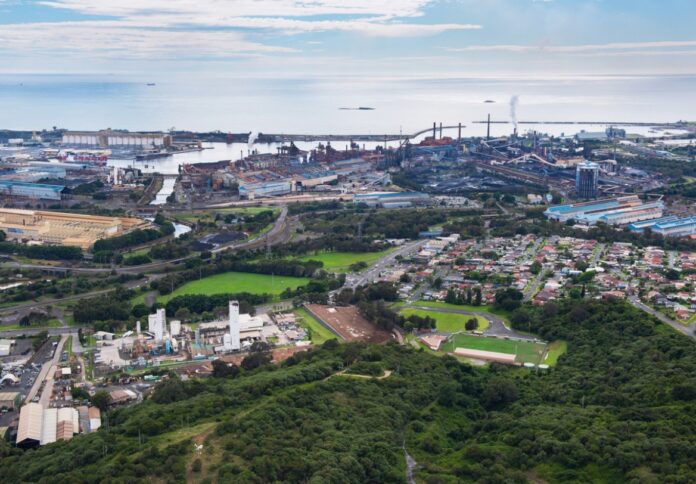
In response to growing demands for sustainable practices, BOC has outlined a comprehensive approach to decarbonisation, focusing on providing diverse solutions tailoured to meet the needs of various industries.
In an exclusive interview with Australian Manufacturing, Vesna Olles, director of Clean Energy and Strategy at BOC, emphasised the necessity of supporting all low-carbon pathways to assist organisations in reducing emissions.
“We understand that organisations and industries need a range of decarbonisation solutions to reduce emissions and believe support is needed for all low-carbon pathways,” said Olles.
“We are helping industries adapt their processes and operations and are working with the transport and off-grid power sectors to help them reach their decarbonisation targets.”
With over 80 years of experience in hydrogen production and distribution, BOC is positioned at the forefront of Australia’s decarbonisation journey.
The company specialises in the production, storage, and supply of hydrogen for transport and off-grid applications, as well as providing oxygen to enhance fuel efficiency in heavy industries—a critical step in the hydrogen pathway.
Addressing industry needs
BOC’s extensive experience in the hydrogen supply chain uniquely positions the company to support manufacturers facing challenges related to storage, reliability, cost, and safety.
In collaboration with partners, BOC is exploring opportunities for large-scale hydrogen production to bolster domestic supply, particularly for hard-to-abate sectors such as manufacturing.
The company is also actively involved in developing local manufacturing capabilities, including hydrogen buses and remote hydrogen fuel cell power generators.
“Hydrogen has a critical role to play in the future of Australian manufacturing,” Olles noted.
“It is a key decarbonisation pathway for sectors like chemical manufacturing, heavy transport, and steelmaking. Positioning Australia as a leading producer of hydrogen and its derivatives will create significant opportunities for our manufacturers.”
Overcoming decarbonisation challenges
Despite the promising outlook, the decarbonisation journey for Australian manufacturers is fraught with challenges, primarily the high costs associated with transitioning to renewable energy sources.
Olles pointed out that reducing the costs of renewable electricity and electrolysers is essential for the green hydrogen industry to thrive.
Additionally, she highlighted the need for supportive government policies and incentives to encourage early-stage hydrogen projects.
“The biggest challenge for Australian manufacturers is the cost to decarbonise,” said Olles. “We need the cost of renewable electricity, which is used to produce green hydrogen through electrolysis, to come down. The green hydrogen industry must work on developing and improving the cost curve to lower the overall cost of green hydrogen.”
Successful partnerships and projects
BOC has initiated several projects aimed at driving decarbonisation through hydrogen solutions. In partnership with Linde Engineering, BOC is advancing cutting-edge hydrogen technologies in Australia.
Key projects include an offtake agreement with AGIG’s Hydrogen Park South Australia, which transports green hydrogen to Whyalla for BOC’s argon production and hydrogen bus trials.
The company is also engaged in larger initiatives, such as the South Australian Government’s proposed 200 MW hydrogen plant in Whyalla, where BOC and ATCO Australia were selected as preferred partners to execute the Hydrogen Jobs Plan.
Another project is the Illawarra Technology Hydrogen Hub in Port Kembla, currently in the design phase and aiming for a final investment decision.
For more information on BOC’s decarbonisation strategies and hydrogen solutions, visit its website.



















